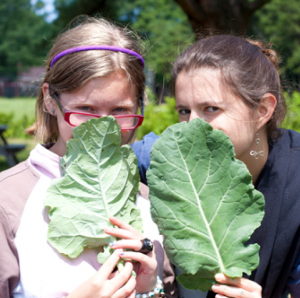Data from the 2017 Youth Risk Behavior Survey reveals that Vermont high school students that participated in weekly out-of-school time programming were less likely to get into physical fights than those who did not.
Author: Erin Schwab
Our collective impact in 2018-19 (Part 2)
In 2018-19 Vermont Afterschool provided many professional development opportunities for leaders in the field which resulted in nearly 600 professionals in the state improving in their jobs abilities to serve the field.
Our collective impact in 2018-19 (Part 1)
In 2018-19, Vermont Afterschool positively impacted nearly three-quarters of all towns with expanded learning opportunities and half of all out-of-school-time programs in the state through various programs and initiatives.
Afterschool participation and post-high school plans
Data from the 2017 Youth Risk Behavior Survey shows that high school students who participate in afterschool programming are more likely than their peers to plan on continuing their education beyond high school.
Depression and suicide among VT high schoole youth as related to afterschool participation
Instances of depression, self-harm, suicidal plans, and suicidal attempts are lower for high school students in Vermont who participate in afterschool programming vs those who do not, according to data from the 2017 Youth Risk Behavior Survey.
Alcohol consumption and binge drinking among VT high school students and afterschool participation
Data from the 2017 Youth Risk Behavior Survey indicate a negative correlation between drinking behaviors for Vermont’s high school students and their levels of participation in afterschool activities.
Afterschool participation and obesity among high school students
The more that Vermont high school students participate in afterschool programming, the less likely they are to be overweight or obese, according to data from the 2017 Youth Risk Behavior Survey.
Afterschool participation and sexual activity among teens
Data from the 2017 Youth Risk Behavior Survey shows that students who participate in afterschool programming are less likely to be sexually active than those who do not; and among those who are sexually activity, those who participate in afterschool programming are more likely to use contraceptives than those who do not.
Opioid abuse among Vermont high school teens and afterschool participation
Afterschool participation among Vermont’s high school students is linked with fewer instances of heroin use, non-medical uses of prescription painkillers, and attending school under the influence, according to data from the 2017 Youth Risk Behavior Survey.
Weapons and school violence as they are related to afterschool participation
High school students in Vermont who participate in afterschool activities are less likely than their peers to carry weapons to school, according to data from the 2017 Youth Risk Behavior Survey.

